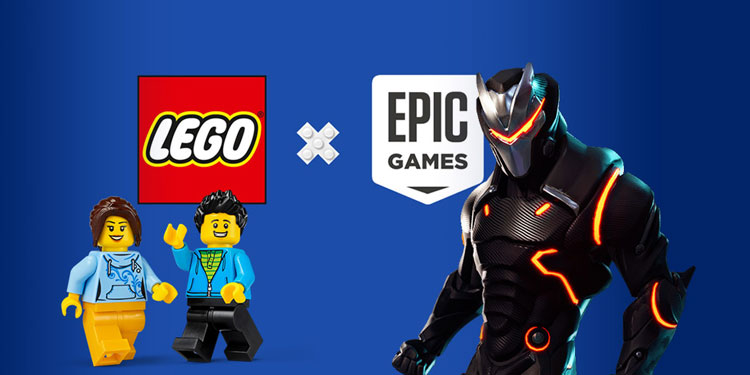Lego, a Danish toy manufacturer, has revealed its intention to expand its lineup of amusement offerings by aiming the metaverse by collaborating with Epic Games. In an effort to boost its market penetration and growth rate by tapping into novel digital markets, the business is getting ready to launch an online world in collaboration with the developer of the famous Fortnite game platform. The business’s approach is to continue expanding by providing Lego items in such markets, while also promoting online brand recognition.
Lego executives stated that, since they are familiar with how to involve customers in the Lego world in-store, they have been working diligently to deliver the same sensation of immersion in the Lego brand world digitally. In 2022, Lego’s revenue increased by 17% in comparison to 2021, due in part to the company’s success in Western Europe and the United States. In 2022, consumer sales also increased by 12 percent.
While firms including Microsoft and Tencent have gradually withdrawn resources from metaverse tasks, Lego is tripling down on the concept of building virtual worlds for children. The company funded USD 2 billion to Epic Games in April 2022, in partnership with Sony, with the intention of constructing its native metaverse portal to bring children nearer to the brand in secure and trustworthy digital environments intended for them.
Along with this investment, the organization has been stepping up recruiting to build in-house digital services since May of 2022, when it announced its intention to triple its staff of software engineers in order to merge its physical and online business operations. Nevertheless, the company is hopeful about the prospects of retail and has been expanding its physical store count, launching 155 new locations in 2022. Just a handful of years ago, the notion of a metaverse interconnecting all digital in a natural way seemed implausible, but right now it feels as if we are practically experiencing it. The requirement for a sustainable strategy is therefore a regulatory priority. The European Commission is suggesting commencing an analysis of the consequences of technologies including the metaverse and ChatGPT as early as March 2023.
Margrethe Vestager, executive vice president of the European Commission for a digitally-fit Europe, emphasized that the region must adapt and respond to changing market dynamics in the age of the internet. During her keynote address at the Keystone Conference, she discussed digital transformation and the transition to an economy based on digitization, in addition to the associated risks and possibilities.
Japan-based corporations including Fujitsu and Mitsubishi have revealed a collaboration to back Japan’s Web3 approach on the opposite side of the globe. The corporations are collaborating to develop the framework for a free metaverse and to back the Web3 strategy of the nation. Fujitsu disclosed that it will collaborate with nine additional businesses to develop the RYUGUKOKU interoperable metaverse framework. (TBD). The Japan Metaverse Economic Zone will be expanded using this framework.
